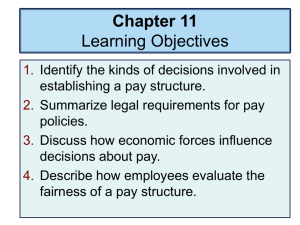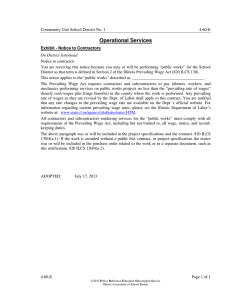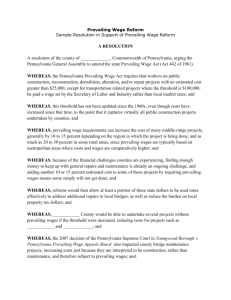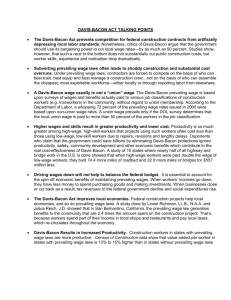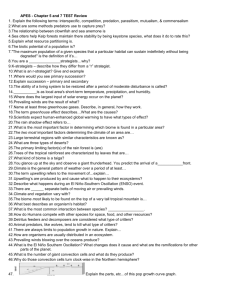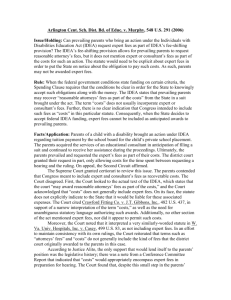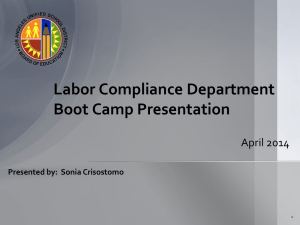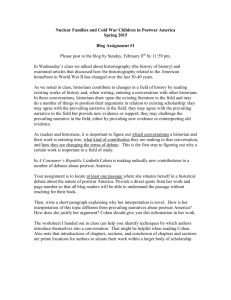Talking Points
advertisement
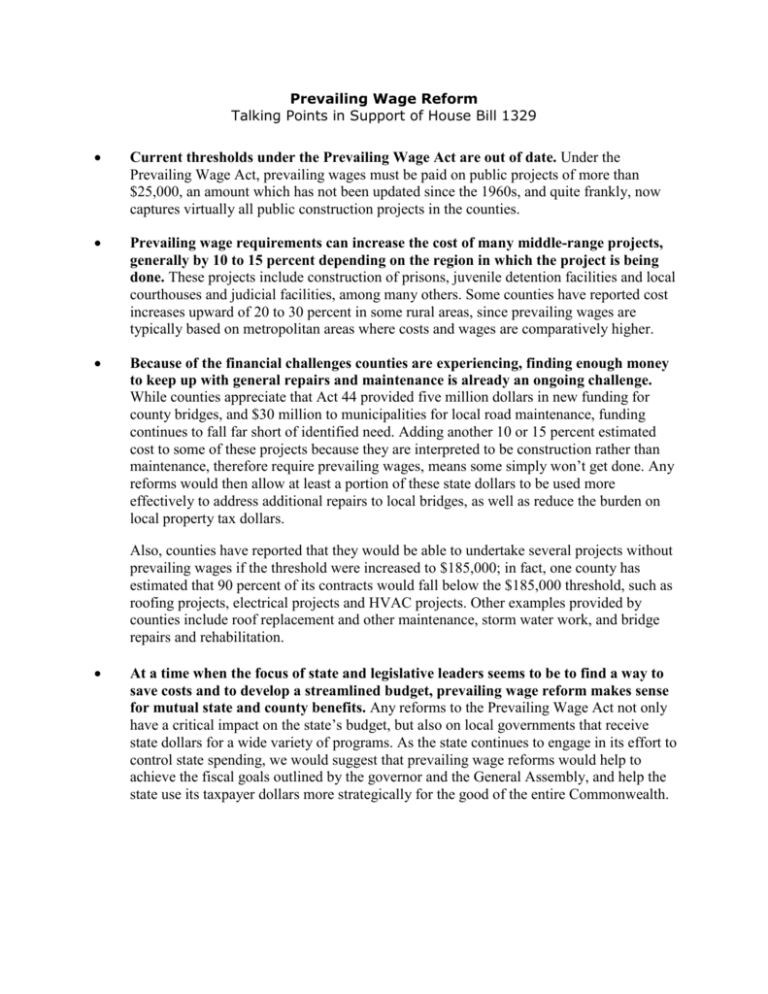
Prevailing Wage Reform Talking Points in Support of House Bill 1329 Current thresholds under the Prevailing Wage Act are out of date. Under the Prevailing Wage Act, prevailing wages must be paid on public projects of more than $25,000, an amount which has not been updated since the 1960s, and quite frankly, now captures virtually all public construction projects in the counties. Prevailing wage requirements can increase the cost of many middle-range projects, generally by 10 to 15 percent depending on the region in which the project is being done. These projects include construction of prisons, juvenile detention facilities and local courthouses and judicial facilities, among many others. Some counties have reported cost increases upward of 20 to 30 percent in some rural areas, since prevailing wages are typically based on metropolitan areas where costs and wages are comparatively higher. Because of the financial challenges counties are experiencing, finding enough money to keep up with general repairs and maintenance is already an ongoing challenge. While counties appreciate that Act 44 provided five million dollars in new funding for county bridges, and $30 million to municipalities for local road maintenance, funding continues to fall far short of identified need. Adding another 10 or 15 percent estimated cost to some of these projects because they are interpreted to be construction rather than maintenance, therefore require prevailing wages, means some simply won’t get done. Any reforms would then allow at least a portion of these state dollars to be used more effectively to address additional repairs to local bridges, as well as reduce the burden on local property tax dollars. Also, counties have reported that they would be able to undertake several projects without prevailing wages if the threshold were increased to $185,000; in fact, one county has estimated that 90 percent of its contracts would fall below the $185,000 threshold, such as roofing projects, electrical projects and HVAC projects. Other examples provided by counties include roof replacement and other maintenance, storm water work, and bridge repairs and rehabilitation. At a time when the focus of state and legislative leaders seems to be to find a way to save costs and to develop a streamlined budget, prevailing wage reform makes sense for mutual state and county benefits. Any reforms to the Prevailing Wage Act not only have a critical impact on the state’s budget, but also on local governments that receive state dollars for a wide variety of programs. As the state continues to engage in its effort to control state spending, we would suggest that prevailing wage reforms would help to achieve the fiscal goals outlined by the governor and the General Assembly, and help the state use its taxpayer dollars more strategically for the good of the entire Commonwealth.
